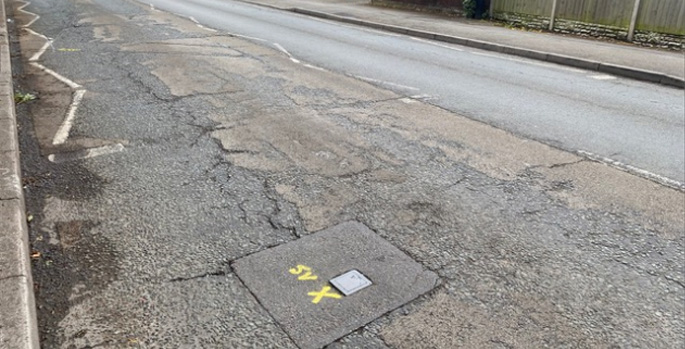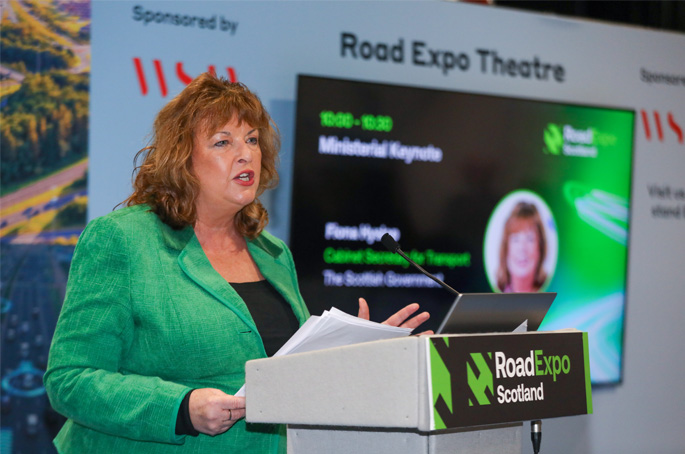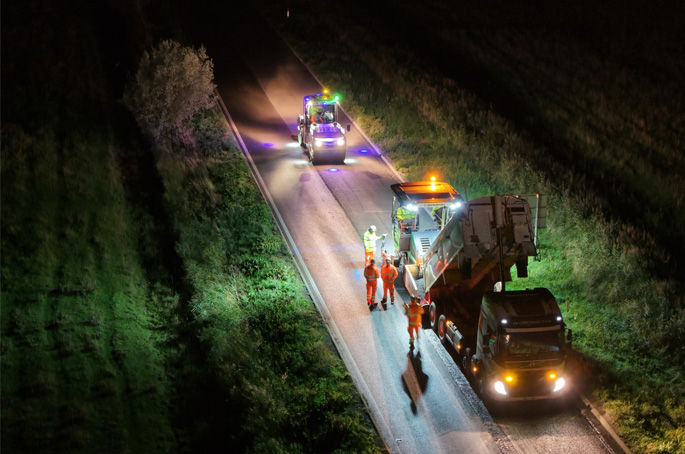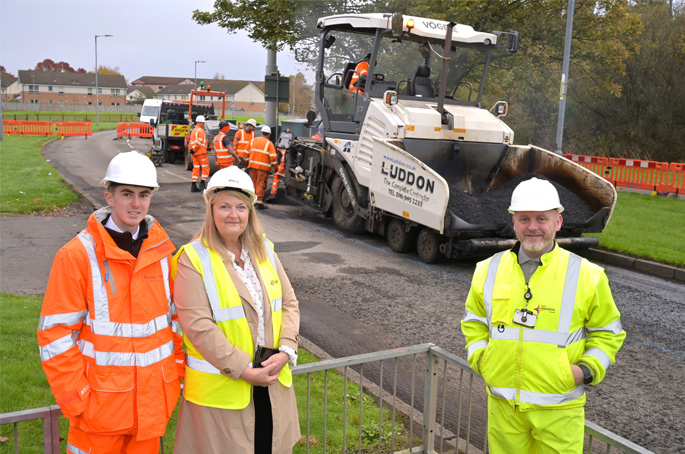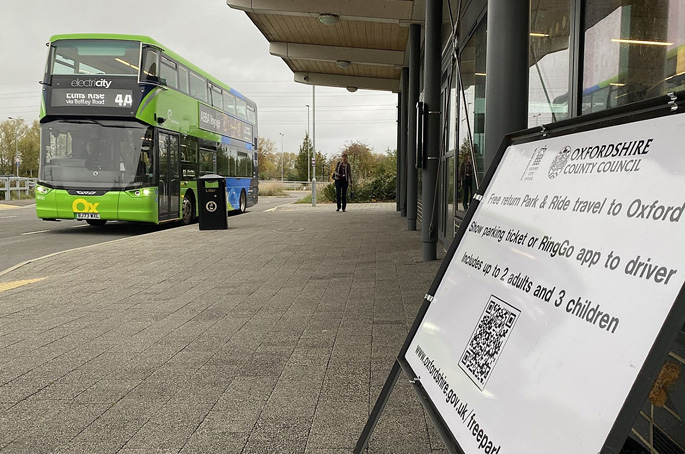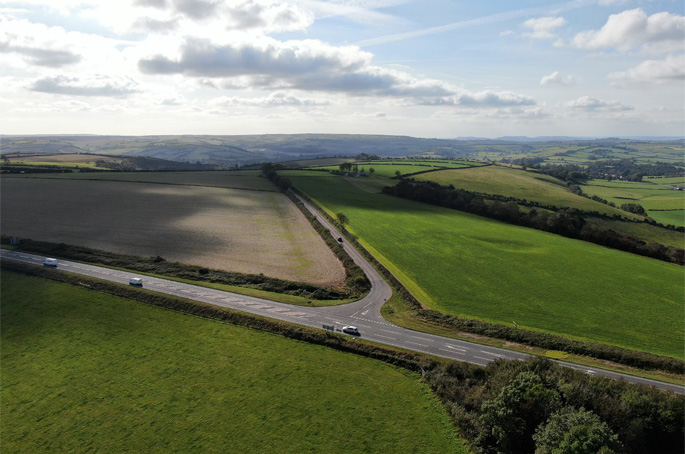Coventry City Council has partnered with the Centre of Excellence for Decarbonising Roads (CEDR) to trial low-carbon road resurfacing materials on two live road sites in the city.
The trials, which will be taking place on Willenhall Lane (from Langbank Avenue to Deerdale Way) and on Broad Lane (from the A45 to Farcroft Avenue), have been designed to evaluate and compare a range of innovative low-carbon materials under real-world conditions.
Testing planned for the Broad Lane site is expected to focus on examining materials in the binding course (middle layer) of the road, whereas the Willenhall Lane site will explore materials forming the surface course.
The low-carbon technologies that will be trialled against conventional control materials are:
- Graphene-enhanced asphalt – using graphene-modified binders to extend pavement life and reduce maintenance needs
- Polymer-modified biogenic binders – incorporating bio-derived components to reduce reliance on fossil-based bitumen and lower whole-life carbon
- Lignin-enhanced asphalt – partially replacing bitumen with lignin to reduce embodied carbon and improve resistance to ageing, oxidation, heat and UV exposure
- Carbon-negative aggregates and biochar – used within recycled and cold-bound materials to offset emissions and deliver near-zero carbon performance.
Results from the two trial sites are expected to be published on CEDR's online knowledge bank – a national resource expected to launch later this year that is designed to act as a review platform for highway materials.
Performance, carbon footprint, and cost data collected from the trials will be independently verified to assist local road authorities in making ‘informed, evidence-based decisions' when choosing sustainable road surfacing solutions.
Mark Corbin, director of network resilience at TfWM, said: ‘By testing these new materials here in the West Midlands, we're laying the foundations for a more sustainable transport future—locally and nationally.'
Cllr Patricia Hetherton, cabinet member for city services at Coventry City Council, said: ‘Coventry has always been a city of innovation, and we're proud to be leading the way once again as we trial these exciting low-carbon road materials right here on our streets.
‘By investing in this trial, we're able to resurface two roads for the cost of one – it's a win for the environment and a win for local taxpayers.'
CEDR is being delivered across a North and South campus by a partnership between Transport for West Midlands (TfWM) and North Lanarkshire Council, with the assistance of Colas at the south site and Amey in the north.
It is one of seven projects that form ADEPT Live Labs 2: Decarbonising Local Roads in the UK.
These trials are being conducted via the South Campus. They are led by TfWM, with local delivery supported by Coventry City Council alongside contractors Balfour Beatty, MacDonald Surfacing, and Holcim.
Carbon and performance analysis will be supported by South Campus research partners Aston University, Colas, and the University of Nottingham.

